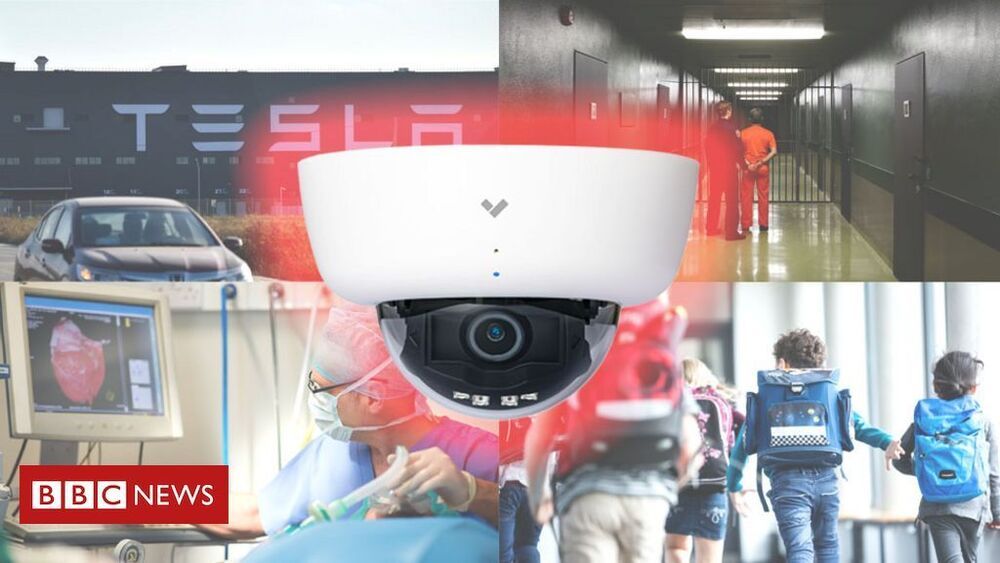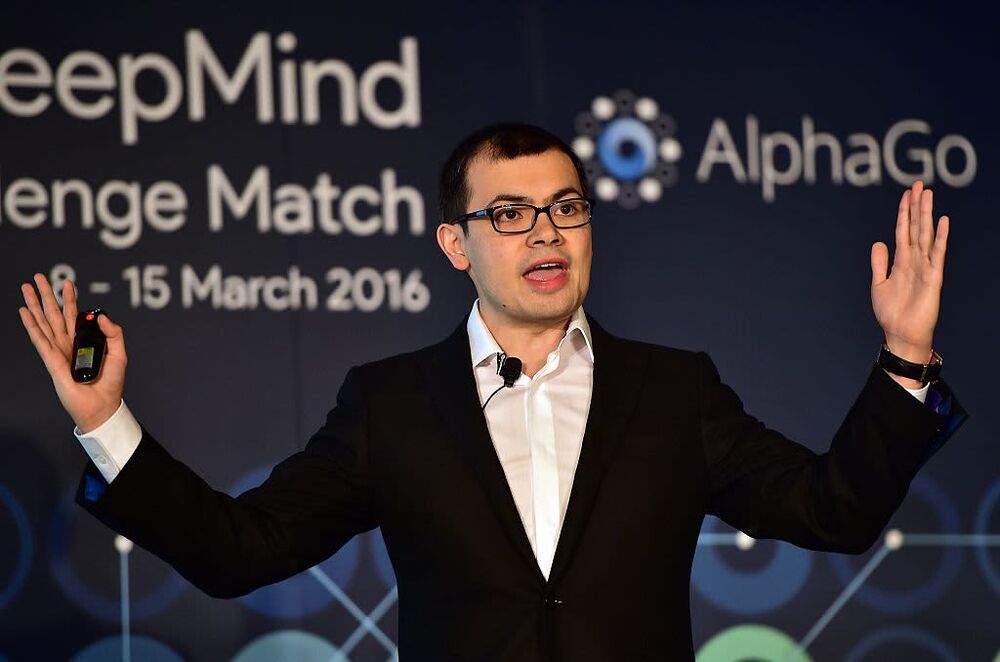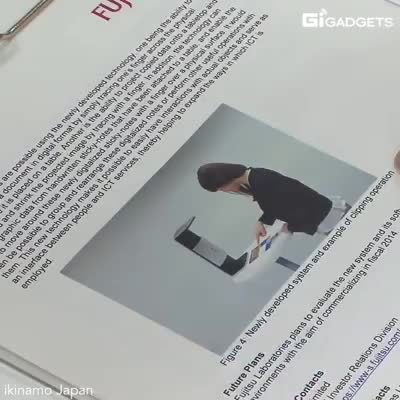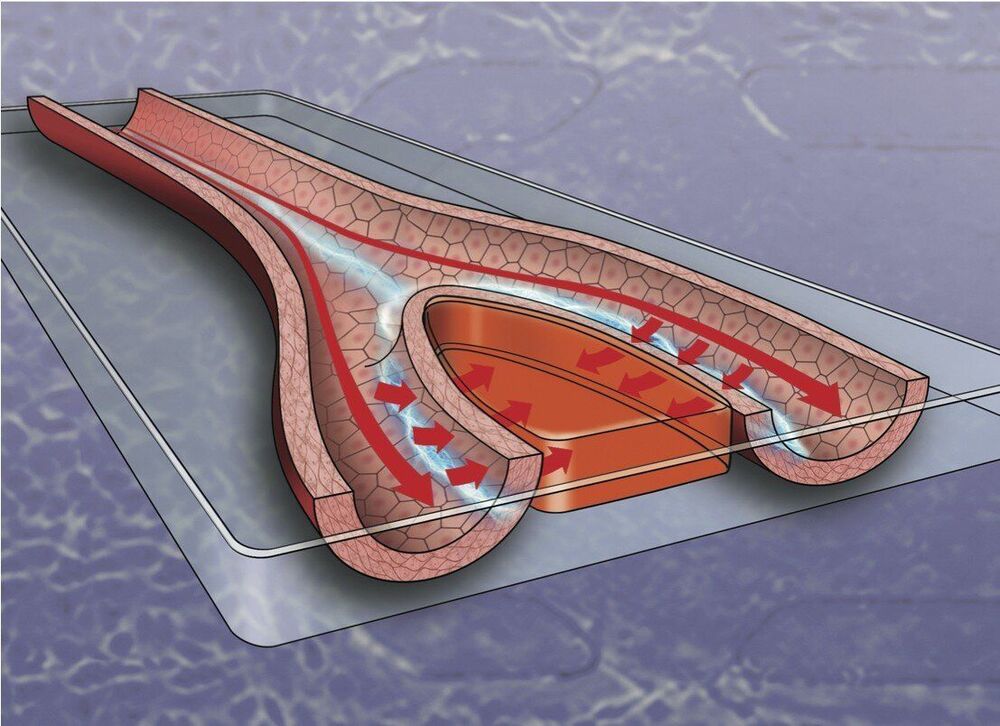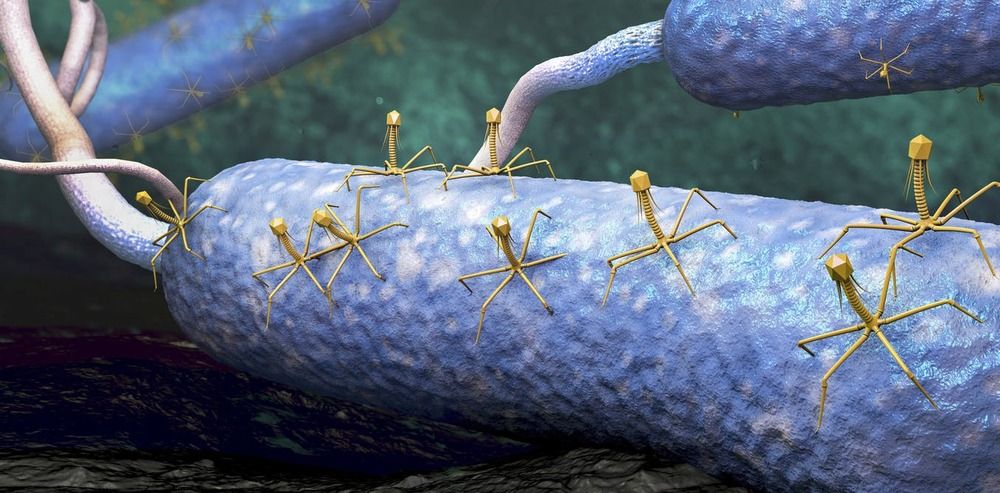For decades, researchers assumed the cosmic rays that regularly bombard Earth from the far reaches of the galaxy are born when stars go supernova — when they grow too massive to support the fusion occurring at their cores and explode.
Those gigantic explosions do indeed propel atomic particles at the speed of light great distances. However, new research suggests even supernovae — capable of devouring entire solar systems — are not strong enough to imbue particles with the sustained energies needed to reach petaelectronvolts (PeVs), the amount of kinetic energy attained by very high-energy cosmic rays.
And yet cosmic rays have been observed striking Earth’s atmosphere at exactly those velocities, their passage marked, for example, by the detection tanks at the High-Altitude Water Cherenkov (HAWC) observatory near Puebla, Mexico. Instead of supernovae, the researchers posit that star clusters like the Cygnus Cocoon serve as PeVatrons — PeV accelerators — capable of moving particles across the galaxy at such high energy rates.

